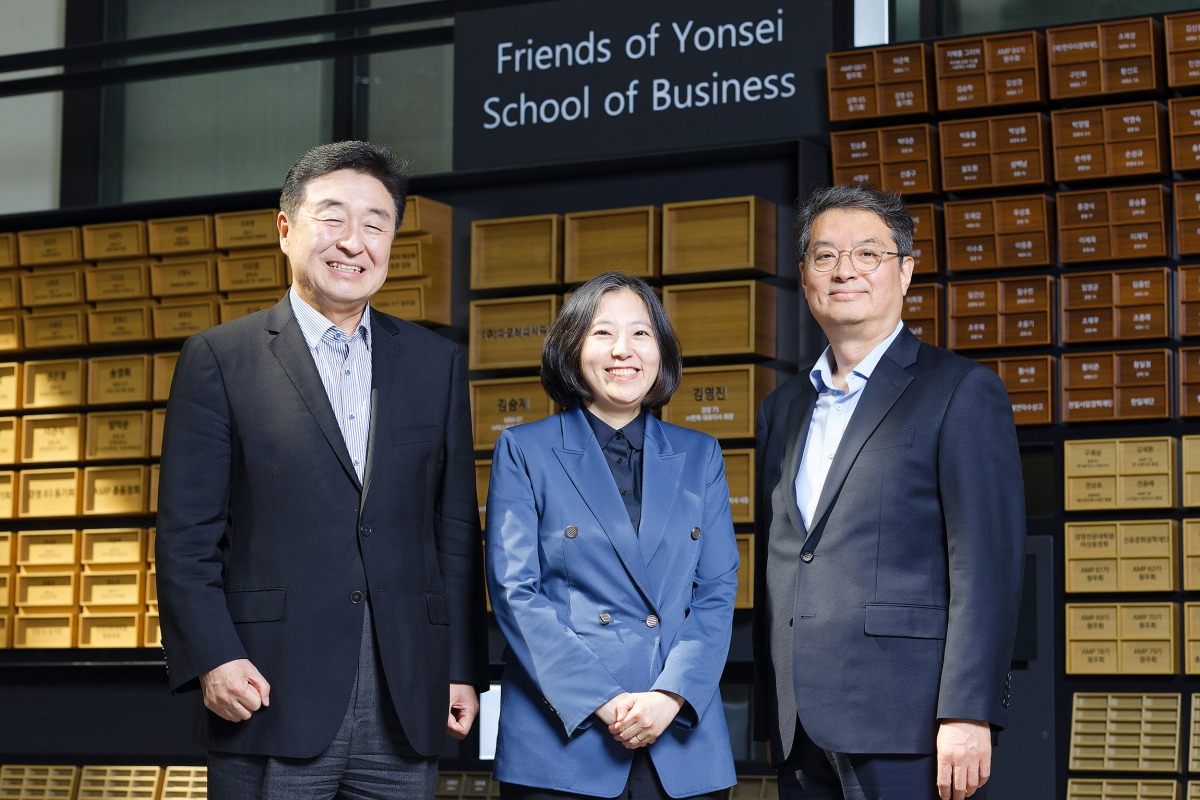Published in the April 2025 issue of Poetics, a leading international journal
Provides an empirical analysis of the institutional distinctiveness of the Korean film industry
A research team at Yonsei University, Professors Dongyoub Shin, Bo Kyung Kim, and Hongseok Oh, has collaborated with Professor Sunhyuk Kim at Korea University Sejong Campus to examine the structural foundations that enabled the genre of social problem films (SPFs) to become a central feature of Korean cinema.
The study highlights two key structural factors film directors’ status and reputation and shows how each differently influences the likelihood of selecting the SPF genre. The findings were published in the April 2025 issue of Poetics, a prestigious journal in the cultural and media studies field, which is known for publishing theoretical and empirical interdisciplinary research that spans sociology, business, psychology, communication, and the arts.

SPFs are a film genre that addresses real world issues such as social inequality, institutional failure, and power structures, offering a critical lens on society. While SPFs have long existed within the global film industry, they have rarely enjoyed widespread popular support due to their critical nature. In Korea, however, SPFs have flourished beyond the realm of art films and have been actively produced across the commercial film industry.
A prominent example is Bong Joon ho's Parasite, which skillfully blends elements of black comedy and thriller while sharply portraying structural problems such as class conflict and economic disparity, drawing global acclaim and empathy. In Korean cinema, SPFs have similarly established themselves as a major genre that places social issues at the center of storytelling across various forms such as drama, comedy, and thriller, achieving both artistic merit and mass appeal.
The authors argues that directors’ choices of SPFs are influenced not merely by personal taste or creative preference, but by two distinct structural factors: their status and artistic reputation.
A director’s status represents a relatively stable position in the industry, shaped by longstanding role expectations and norms, whereas artistic reputation is more dynamic, shaped by the cumulative and shifting evaluations of critics and audiences over time. Building on this distinction, the authors hypothesized that high-status directors are more likely to choose SPFs in line with role expectations, while high-reputation directors are more likely to do so as a strategic response to ongoing evaluation pressures.
To test these hypotheses, the authors conducted indepth interviews with film industry insiders and carried out a quantitative analysis of 1,849 Korean commercial films produced between 1994 and 2017. Their empirical results confirmed that directors’ status and artistic reputation influenced SPF selection through different mechanisms.
Professor Dongyoub Shin, the first author, stated, “This study makes an interdisciplinary theoretical contribution by integrating research on status and reputation, institutional theory, and genre theory in the arts to generate original hypotheses. It also provides an theoretical account of the institutional characteristics of the Korean film industry, where socially critical, commercial auteurism has become highly salient.”
Meanwhile, Yonsei University recently received a 10 billion KRW (approximately USD 7.5 million) development fund from Chairman Yoon Jae Lee of G&G School and founder of Zinus Inc., to strengthen its research and education capacities in the cultural and artistic fields. This study aligns with this vision and is expected to offer theoretical and empirical insights that may help generalize findings to other global cultural industries.



